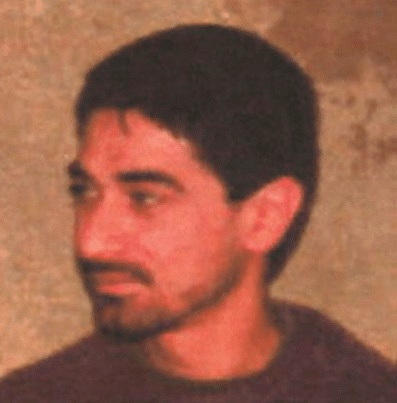Friday afternoon’s strike in Beirut’s Dahieh district is part of a new policy announced by Defense Minister Yoav Gallant as a "new phase in the war."
According to this policy, Israel will no longer adhere to the rules of engagement set by Hezbollah, nor will it continue a pointless war of attrition. Instead, it will escalate its responses disproportionately to any fire on its territory, fully aware that this could lead to war in Lebanon.
2 View gallery


Aftermath of Israeli strike on Beirut's Dahieh district
(Photo: REUTERS/Mohamed Azakir)
The targeted killing also aims to demonstrate that Hezbollah remains vulnerable, as the group has yet to figure out how Israel managed to eliminate Fuad Shukr, who was considered Hezbollah’s de facto military chief.
Now, in a similar manner, Israel has taken out Shukr’s apparent second-in-command, Hezbollah’s operations chief and the direct overseer of the Radwan Force, Ibrahim Aqil. His removal further destabilizes the network of senior advisors and commanders assisting Hezbollah leader Hassan Nasrallah in managing the fighting.
Hezbollah may respond forcefully, possibly deploying capabilities it has not yet used. Israel is prepared, even for a ground incursion into Lebanon. IDF Chief of Staff Lt. Gen Herzi Halevi arrived at the Northern Command Friday, meeting with division commanders and field officers in anticipation of such a scenario.
Israel is ready for an all-out war, putting the ball in Hezbollah’s court, while still offering Nasrallah the opportunity to accept a U.S.-brokered deal that would allow tens of thousands of internally displaced Israelis to return to the north.
This still goes by the United States’ approach but sends a clear message to Hezbollah that Israel will not return to the status quo of an 11-month-long war of attrition.



